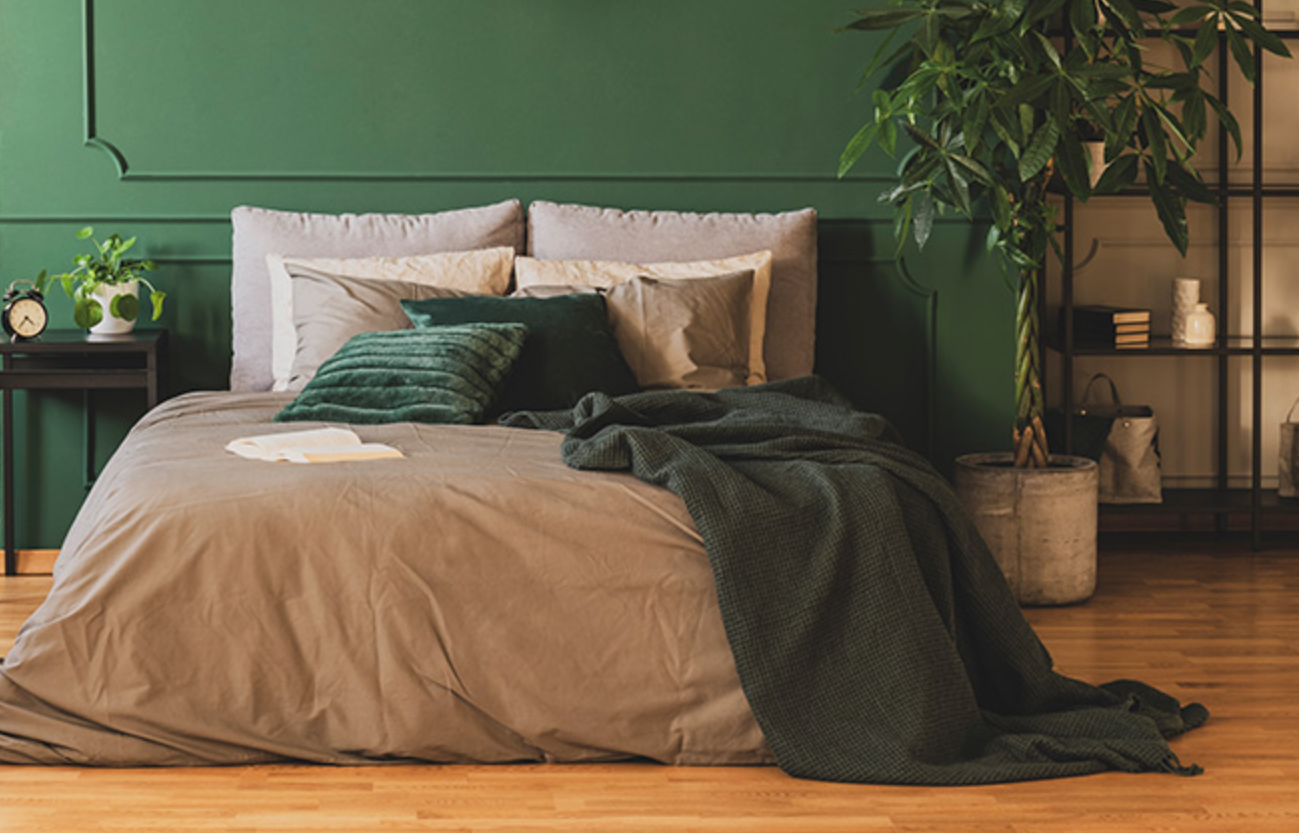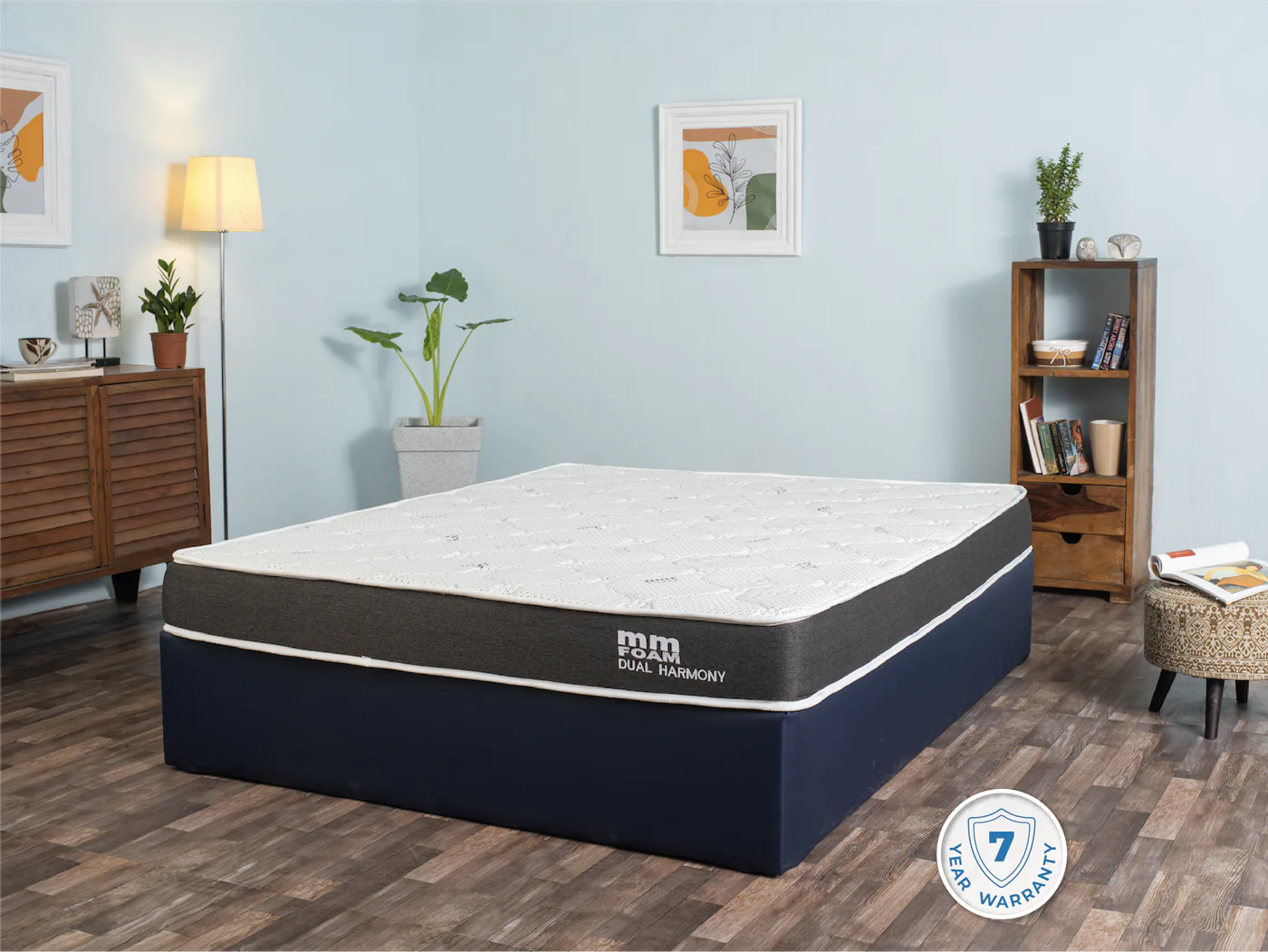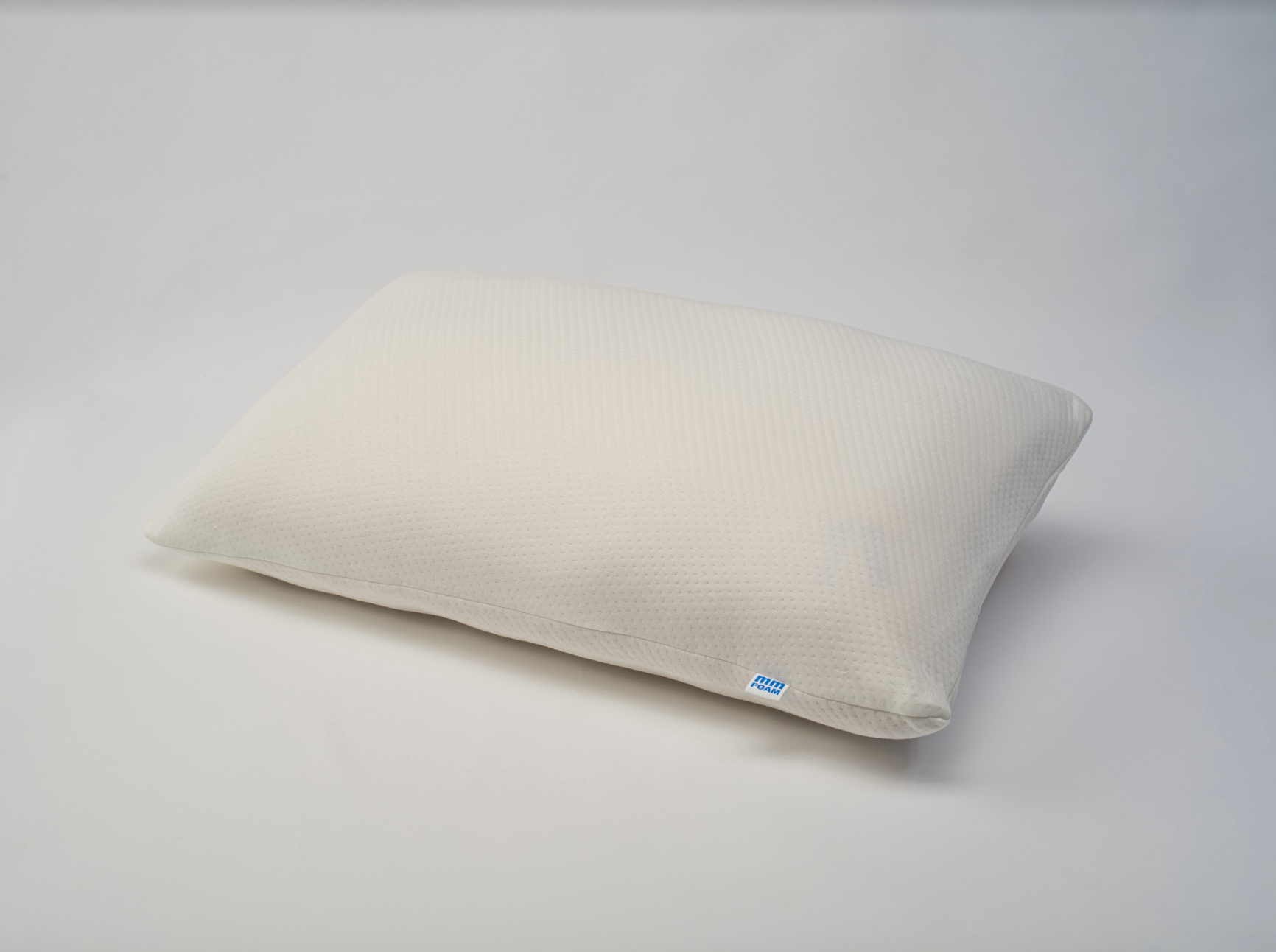Your cart is empty
Looks like you haven't added anything to your cart yet

Finding Your Perfect Mattress: Your Guide to Better Sleep
Let’s face it—there’s nothing quite like waking up feeling rested, refreshed, and ready to take on the day after a good night’s sleep. The key to this well-rested feeling? A good mattress. But if you’ve ever ventured into a mattress showroom, you’ll know it can feel overwhelming. With hundreds of options, countless buzzwords, and varied price points, finding the perfect mattress can seem like an uphill task. But don’t worry! This handy guide will make your mattress search smooth and stress-free.
Why a good mattress matters?
Sleep isn’t just about lying down and shutting your eyes. It's an essential factor that impacts your health. According to research by The Sleep Foundation, here’s what good sleep—and by extension, a good mattress—can do for you:
- Improve your mood: Have you noticed how you feel irritable after a poor night’s sleep? Restful sleep can make a world of difference to your emotional well-being.
- Regulate blood sugar: Studies show that a well-rested body processes glucose more efficiently, reducing the risk of diabetes.
- Boost mental function: From improving focus to enhancing memory, sleep sharpens your mind.
- Relieve stress: Quality sleep helps lower cortisol levels, the hormone responsible for stress.
- Boost athletic recovery: For athletes or others in physically demanding professions, 8 hours of sleep can boost recovery and combat stress.
But here’s the thing: not just any mattress can help you sleep better. Your mattress needs to support your unique needs, offering the right balance of comfort and support to help your body relax fully. After all, a mattress isn’t just a piece of furniture—it’s your gateway to better health and happiness.
A quick guide to mattress material types
Mattresses come in all shapes, sizes, and materials, and each type has its unique features. Here’s a breakdown to help you understand the most popular options:
- Memory foam contours to the body for pressure relief and motion isolation.
- Hybrid mattresses combine supportive coils with PUfoam or natural rubber latex foam (NRLF) for minimal motion transfer
- Innerspring mattresses are an economical option and provide a bouncy feel
- NRLF is durable, breathable, and hypoallergenic, offering responsive support and pressure relief
Choosing the right mattress for your body type
Your body type plays a significant role in determining the mattress that’s right for you.- Those with a higher Body Mass Index (BMI) can opt for an NRLF mattress such as MM Foam’s Hardcore mattress. These are long-lasting and non-sagging.
- Those with a lower BMI can go for a softer mattress, made of memory foam or NRLF. These provide better pressure relief, especially for side sleepers.
Key factors to consider when shopping for your mattress
Buying a mattress isn’t a one-size-fits-all process. Here are some key factors to keep in mind to ensure you pick the perfect fit:
- Sleeping position: Your preferred sleeping position matters. Side sleepers benefit from softer mattresses that cushion pressure points like the shoulders and hips. Back and stomach sleepers, on the other hand, require firmer surfaces to maintain spinal alignment.
- Temperature regulation: If you’re a hot sleeper, look for mattresses with cooling gel foam, breathable NRLF, or other temperature-regulating technologies. These ensure you stay cool and comfortable throughout the night.
- Budget: While it’s tempting to cut costs, a mattress is an investment in your health. High-quality options like 100% NRLF mattresses may have a higher upfront cost but last significantly longer, providing excellent value over time.
- Allergies: If you’re prone to allergies or have sensitive skin, choose hypoallergenic materials like natural latex. They resist dust mites, mold, and other common allergens, ensuring a cleaner sleep environment.
Read our blog on latex mattress myths.
Additional tips for purchasing a mattress
Here are a few more things to consider when making your decision:
- Read reviews: Check reviews from verified buyers to understand the mattress’s performance over time. Real-life experiences can provide valuable insights.
- Test it out: If possible, visit a store and test mattresses in person. Lie down in your preferred sleep position to assess comfort and support.
- Consider warranty and return Policies: A mattress is a long-term purchase, so ensure it comes with a solid warranty. Also, look for brands that offer trial periods, so you can return or exchange the mattress if it doesn’t meet your expectations.
- Consider partner preferences: If you share your bed, factor in your partner’s needs. Motion-isolating materials like NRLF or hybrid designs can ensure uninterrupted sleep for both of you.
Did you know, our Pincore mattress comes with an industry-leading 17-year warranty?
Conclusion
Ultimately, there’s no universal ‘perfect’ mattress—only the one that’s perfect for you. It all boils down to your personal preferences, body type, and lifestyle. Whether you’re upgrading your current bed or investing in your first premium mattress, take your time. Test your options, do your research, and prioritize comfort over price tags or trendy marketing claims.
The right mattress isn’t just an indulgence; it’s a game-changer for your health and well-being. So, go ahead and make the choice that brings better sleep within your reach—because better sleep doesn’t have to be just a dream!
- Choosing a selection results in a full page refresh.









